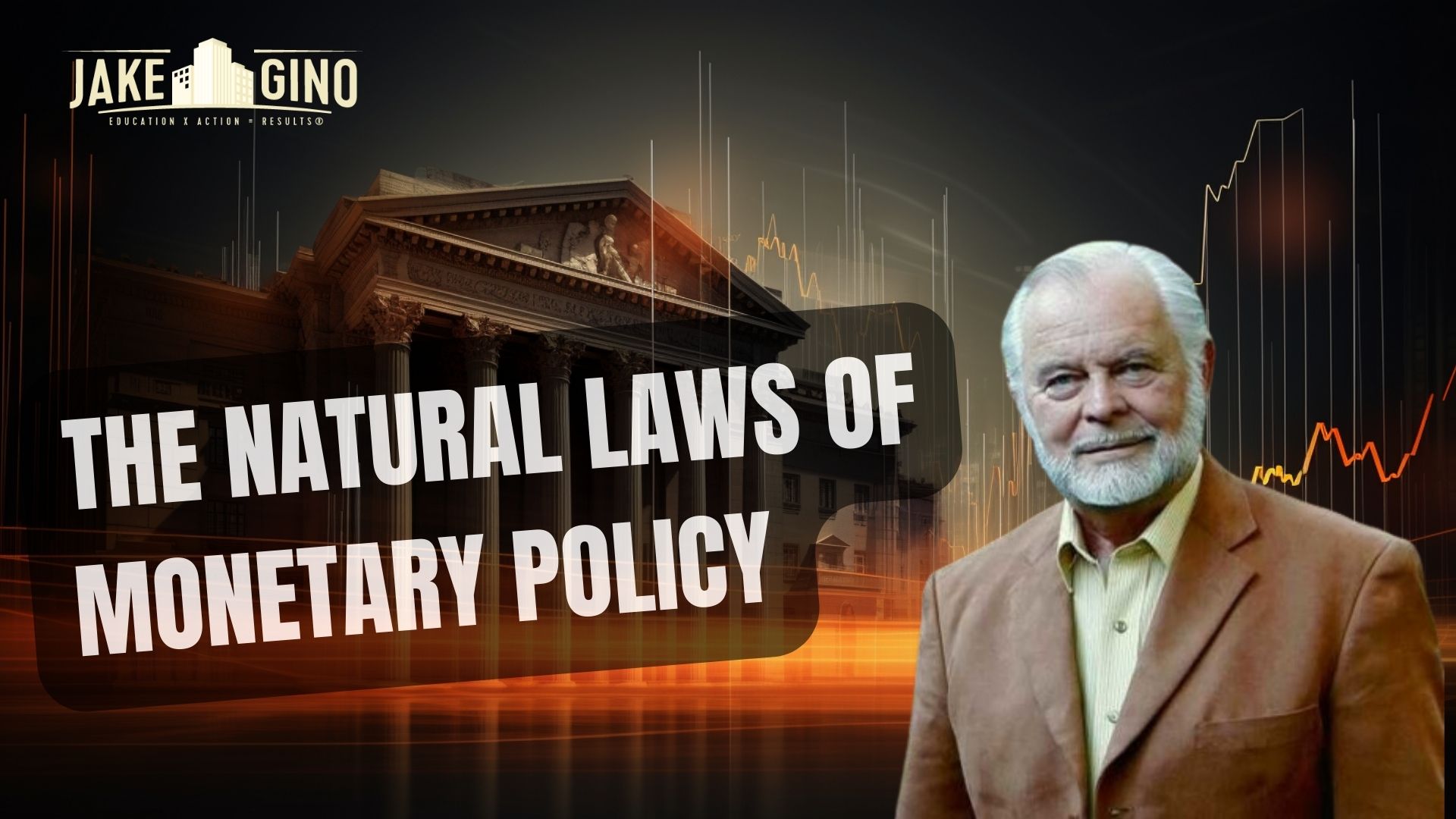
Unveiling the Natural Laws of Monetary Policy: A Glimpse into “The Creature from Jekyll Island” with G. Edward Griffin
In the complex world of monetary policy and financial systems, G. Edward Griffin’s seminal work, “The Creature from Jekyll Island,” brings to light a set of natural laws that dissect the intricate dynamics shaping our economic landscape. This article aims to delve into a few key natural laws outlined by Griffin, shedding light on their relevance and implications for our understanding of monetary principles.
- Long-Term Price Stability and Gold:
One of the foundational natural laws posited by Griffin is the idea that long-term price stability is attainable only when a nation’s currency is anchored to a tangible asset, such as gold. The reasoning behind this concept lies in the belief that a currency backed by a physical commodity maintains its value over time, acting as a bulwark against inflationary pressures.
- Fiat Money and Economic Hardship:
Griffin’s second natural law serves as a stark warning against the use of fiat money – currency lacking intrinsic value and not tied to any physical commodity. According to Griffin, nations embracing fiat money set themselves on a path to economic hardship and political disunity. This law underscores concerns regarding potential inflation and economic instability associated with fiat currencies.
- Fractional Banking Degenerating into Fiat Money:
Fractional reserve banking, a common practice in the financial realm, involves banks creating new money through lending based on only a fraction of their deposit liabilities held as reserves. Griffin’s third law suggests that this fractional money system is prone to degenerate into a full-fledged fiat money system. This transition raises concerns about the potential economic challenges that may emerge.
- Power to Control Money Supply and Wealth Confiscation:
The fourth natural law highlighted by Griffin explores the consequences when individuals or institutions wield the authority to control the money supply. The cautionary note here is that those with such power may be inclined to use it for personal or political gain, leading to the confiscation of wealth from the broader population. This law underscores the delicate balance required in entrusting entities with control over a nation’s monetary policy.
Conclusion:
In deciphering G. Edward Griffin’s natural laws of monetary policy, we gain insights into the intricate web that governs our economic systems. These laws, rooted in concerns about stability, inflation, and the potential misuse of monetary control, serve as a clarion call for understanding the principles that underpin our financial landscape. As we navigate the complex world of finance, Griffin’s work challenges us to critically examine the structures in place and advocate for sound, transparent, and responsible monetary policies. diggi.id






